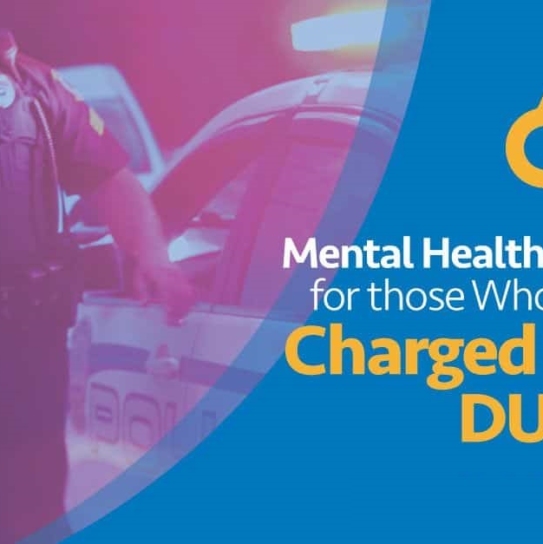Once a driver is charged with DUI, their car insurance rates can drastically increase and additional costs such as filing an SR-22 form with their insurer will likely arise – further increasing premiums.
Rate increases vary based on both state and driver history; according to 2023 data from QwoteWizar, drivers in New York can expect their premiums to increase 57% after being charged with DUI.
Increased Premiums
Driving under the influence is a serious offense that carries both financial and legal repercussions, including fines and license suspension. A DUI conviction may also significantly raise your insurance premiums; many insurers view DUI convictions as indicative of risky driving, leading them to reconsider your risk profile and increase rates accordingly.
Your insurance rates could rise significantly following a DUI conviction, depending on state regulations and how far back insurance companies can look when setting rates; this can strain your budget and make coverage unaffordable.
Multiple DUI convictions could also increase your premiums as insurers consider these a signal of risky behavior and it increases their concern level, possibly leading to being denied coverage in the future.
There are ways you can reduce the effects of DUI on your insurance rates. One is keeping a clean driving record for several years after being charged with DUI; another way is searching out insurers that specialize in covering high-risk drivers with more competitive rates; you could also participate in alcohol awareness programs to demonstrate your commitment to safer driving – this could result in some insurers offering you lower premiums as a reward.
Loss of Discounts
Many car insurance companies provide discounts to help their customers save money, including rewards for being good drivers or bundling policies. Unfortunately, being charged with DUI often results in the loss of these discounts due to higher rates being required to file an SR-22 form, marking your policy as high-risk.
Time of Stay on Record is also an integral factor when assessing premium increases due to DUI convictions. Each state varies in their lookback periods for insurance providers assessing your risk; typically a DUI can remain on a driver’s history for anywhere between three and seven years.
As per the severity of your DUI incident, insurance companies may request records dating back further in time in order to fully comprehend your driving history and risk profile. They will also take into consideration any steps taken by you to improve your driving abilities like attending defensive driver courses or alcohol awareness programs.
Although a DUI conviction will likely raise your insurance rates dramatically, there are ways you can lessen its effect. One effective strategy is shopping around for rates; each insurer offers unique underwriting guidelines; some may even be more accommodating of DUI offenses than others.
Non-Renewal
DUI or drug-impaired driving is a serious offense that will signal to insurance companies that you pose a higher-risk driver profile and could result in steep premium hikes that last several years.
An alcohol or DUI conviction may increase your premium and strip away any good-driver discounts you had been enjoying, in addition to potentially being subject to state requirements like alcohol education or treatment programs, which come at additional costs.
How long a DUI conviction affects your rates depends on your state and insurer, but generally speaking a conviction could remain on your record for 3-10 years, although longer if other moving violations or at-fault accidents appear.
If your insurer decides not to renew your policy due to DUI-related incidents, don’t give up hope – alternative providers still exist and it is wise to compare rates and policies before making your choice. Insurers often decide not to renew coverage when multiple DUI offenses have been recorded on an individual’s record; make sure you do your research first before making this decision!
If you have been denied an insurance policy due to DUI or face non-renewal due to poor credit, improving it could help. Many insurance providers use credit scores when setting premiums; having higher scores could help you secure lower premiums and rates.
Loss of Coverage
Driving while under the influence of alcohol or drugs is an unsafe act that can have lasting repercussions, from fines, license suspension and jail time to an increase in car insurance premiums. Insurance providers tend to view DUI convictions as severe risky behavior that increases accident risk and potential injury claims.
DUI offenders are generally classified as high-risk drivers and their premiums can rise by 50%-300% or even more, along with any good driver discounts they had received previously – further increasing costs. Furthermore, any good driver discounts that they previously enjoyed on their policy could also be lost; increasing costs even further.
A DUI conviction will remain on your record for various lengths of time depending on where it occurred, but many individuals must bear with astronomical increases in auto insurance premiums for years after conviction. There are steps you can take to decrease these costs such as enrolling in defensive driving courses or improving your credit score; furthermore, searching around for coverage options and working to prevent additional traffic violations or accidents will all help to lower them.
However, if an insurer determines you to be too much of a risk, they can opt not to renew your policy and you will need to find another provider willing to cover high-risk drivers; this may involve approaching specialty insurers that specialize in covering drivers with previous DUI convictions or other serious driving offenses.


